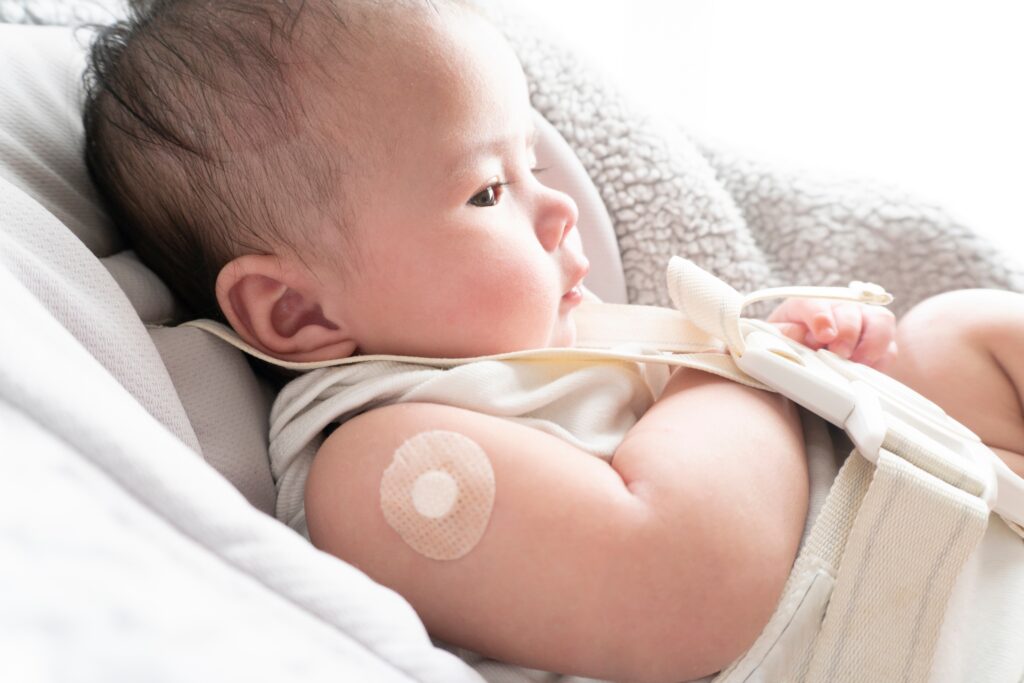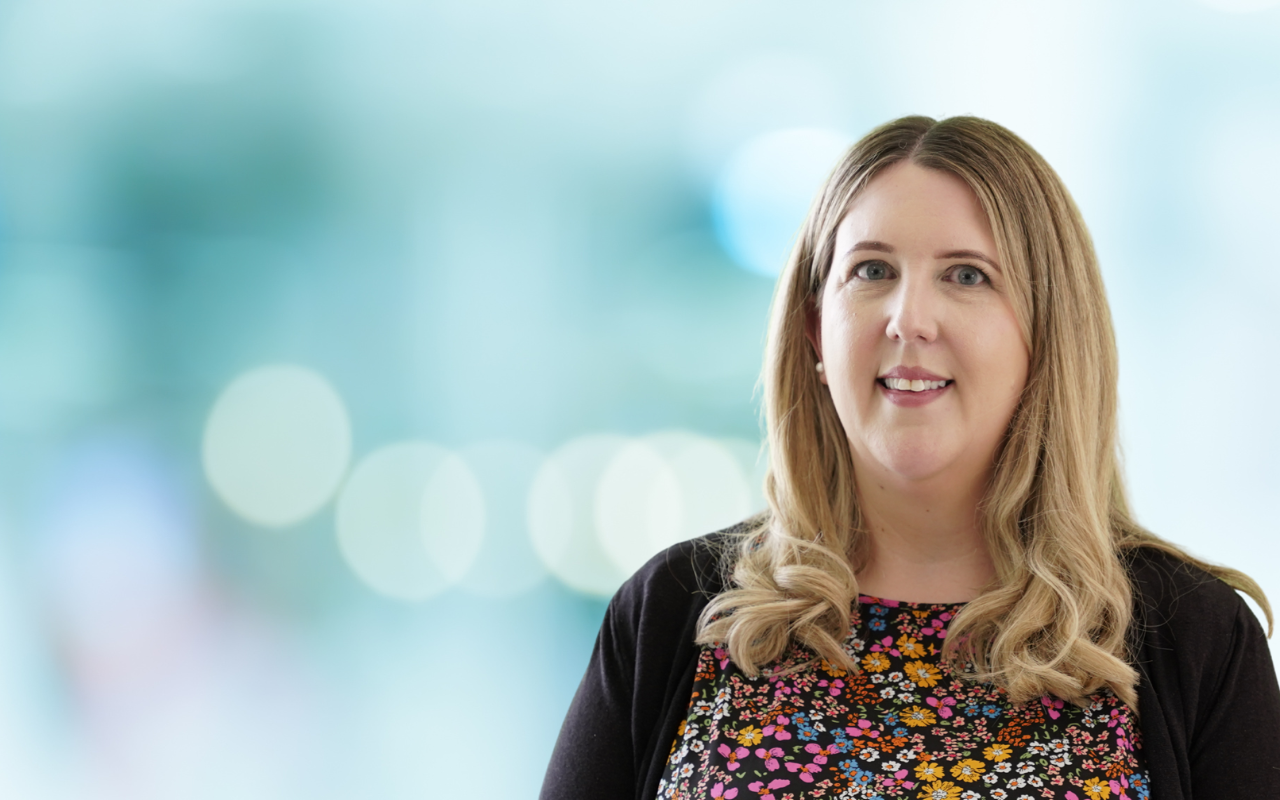In 2025, Australia delivered free access to RSV immunisations for all infants. Early data show this initiative has prevented thousands of babies from being hospitalised, but the work of overcoming misinformation, ensuring equitable access, and encouraging acceptance continues.
RSV remains a major cause of hospitalisation in Australian children. Prior to the availability of RSV immunisations, it was estimated that around 12,000 babies were admitted to Australian hospitals with RSV-related bronchiolitis or pneumonia each year, with up to one-in-four requiring intensive care.
This year has been a watershed moment in efforts to combat severe RSV. For the first time, Australians have had access to a maternal RSV vaccine (Abrysvo) or infant immunisation (Beyfortus — nirsevimab) at no cost through the national RSV Mother and Infant Protection Program (RSV-MIPP).
To date, an estimated 140,000 babies have been protected. Preliminary data from sentinel hospital surveillance reveals that hospital admissions due to severe RSV declined by almost a third in April to July 2025 compared with the same period in 2024. Intensive care admissions also dropped significantly during the same period.

Good, but far from ideal
With so many babies protected against severe RSV this year, there is much to celebrate. It shows that many parents embrace the opportunity to protect their babies from vaccine-preventable diseases, with the medical community equally motivated to keep infants out of hospital.
Yet, the RSV-MIPP has faced serious issues that stem from misinformation and misunderstandings — not necessarily among parents, but those on the frontline of the roll-out.
This is not a criticism, rather an honest appraisal of the challenges inherent in a program that lacks national consistency.
While Abrysvo is funded through the National Immunisation Program (NIP) for pregnant women, Beyfortus is provided via individual state and territory programs, resulting in complex and inconsistent eligibility criteria and guidance.
This has led to what has been described as a ‘fragmented rollout’ and discrepancies in Beyfortus uptake among eligible infants ranging from just 13.4% in New South Wales to 40.5% in Western Australia.
These gaps have had real consequences. Baby Blake was born just a few days too late to have received maternal immunisation, while confusion about Beyfortus eligibility in NSW meant he went unprotected. At nine weeks, Blake contracted RSV and was hospitalised. His mother Kristy said: “The whole experience was traumatising. It was more severe than anything I’ve ever dealt with, even as a mother of three.”
Sadly, this was not an isolated incident. Several mums in Victoria wrote to the state’s Health Minister to voice concern over “the inequitable, confusing and ultimately dangerous … roll-out of the program in [the Ballarat] area”.
Even more concerning are reports to the Therapeutic Goods Administration of RSV immunisations being mistakenly administered to the wrong type of patient.
There have been at least 24 TGA reports of Abrysvo being administered to babies, at least 36 reports of Beyfortus being administered to females aged 15-54 years, and at least 24 reports of Arexvy (indicated for RSV protection in elderly adults) being administered to pregnant women. This is a sure sign that those on the frontline of the rollout are not receiving clear and consistent guidance and education.
Not surprisingly, there remained a large number of babies who went unprotected and were admitted to hospitals with severe RSV this winter. This is a disappointing outcome when highly effective RSV immunisations are being funded for use either during pregnancy or infancy.
An opportunity for a gold-standard program
A gold-standard RSV immunisation program requires that both maternal and infant immunisations are provided at no cost through the NIP. Both options need to be readily available and widely championed by the Federal Government and medical community to maximise RSV protection at a national level.
State and territory programs for Beyfortus have filled a void but are unlikely to deliver the uniformity of access or uptake that is required.
While infants have been a priority, older adults are also at significant risk of severe RSV, with the virus contributing to thousands of hospitalisations and countless deaths each winter. Expanding RSV vaccine access to include older adults represents the next critical step towards protecting all at-risk Australians from severe RSV. This is a priority for the IFA in advance on winter 2026.
Looking ahead
At the time of writing, formal evaluation of the RSV-MIPP is underway. Among the research efforts, the REVIVE study team is examining the impact of the dual maternal and infant immunisation approach in 2025 compared with infant-only immunisation, piloted in Western Australia and Queensland in 2024.
Beyond the prevention of bronchiolitis and pneumonia, researchers are exploring whether infant RSV immunisation could have a positive lasting effect on children’s respiratory health, notably rates of asthma and chronic wheeze.
RSV and asthma are intrinsically linked, but experts remain divided on whether severe RSV in infancy causes asthma or whether some children are predisposed to both illnesses. Research will help clarify this relationship, and whether widespread infant RSV immunisation can reduce asthma rates over time.
Conclusion
Based on early data, it appears Australia’s RSV program has already kept thousands of babies safe this year. But the true measure of success will be ensuring that RSV protection is equitable, accessible and trusted by all families and all medical professionals.
By uniting parents, healthcare practitioners, researchers and policymakers, we can ensure the impact of RSV protection is maximised. Together, we must unite to protect all at-risk Australians from severe RSV.
Catherine Hughes AM is the Founder and Director of the Immunisation Foundation of Australia. The IFA was established after the death of Catherine’s infant son from whooping cough 10 years ago and continues to advocate for the prevention of all vaccine-preventable diseases.
The statements or opinions expressed in this article reflect the views of the authors and do not necessarily represent the official policy of the AMA, the MJA or InSight+ unless so stated.
Subscribe to the free InSight+ weekly newsletter here. It is available to all readers, not just registered medical practitioners.
If you would like to submit an article for consideration, send a Word version to mjainsight-editor@ampco.com.au.

 more_vert
more_vert
Dear Catherine,
Keep up your wonderful work. I wish I had had these vaccines available when I was delivering babies and caring for infants. I urge everyone to use and promote these vaccines. One of the most distressing events in my career was watching a baby die with severe RSV bronchiolitis! Although I am retired I still disseminate medical information to all I can reach.